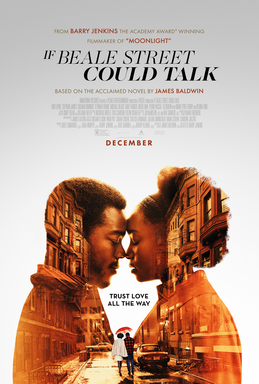The World Health Organization declared a pandemic on March 11, 2020 and by March 11, 2021, 2.6 million people have died from Covid-19.
On the news and social media on March 11th, 2021, passing the year mark of this pandemic was the subject of numerous discussions. There were many honouring those who died. Many pointed to the tsunami of grief, the bravery of our frontline healthcare workers, the generosity of neighbourhoods, friends and family.
As I was falling asleep that evening my thoughts went to crime and justice.
When people die or are harmed by the actions of others, they want justice.
Elderly parents have died in Long Term Care Homes where families felt they were not cared for or protected. Doctors, nurses, personal support workers, paramedics and other have been infected because they did not have adequate personal protective equipment – some have died and others are still suffering from Post-Acute Covid Syndrome. Many others have been infected and died because they were told that they didn’t need masks to protect them from COVID-19, until they were finally told to wear masks. Many are now waiting for available Covid vaccines but some are getting infected and dying while they wait.
Who is brought to justice when it is clear that deaths are clearly cause by the actions of others?
There will be commissions on how we care for and protect the elderly. There will be analysis on why aerosol and asymptotic spread were not identified earlier. There will be some form of reckoning on the lack of PPE for healthcare workers who were forced to work without proper protections. These will all be filed under lessons learned to maybe influence how we move forward. And maybe is the operative word.
What I worry about most is whether those who lost loved ones, those who still remain ill from post-acute COVID will feel that justice is served? Lessons learned serve those who come after us, but what about those who bear the scars of this year? What do they need to move forward?
Here I came to my worst conclusion in this line of thought: those responsible for true harm, whether they be politicians, organizations that said they would care for our elderly or those who made decisions that killed our health care workers-will not be held to account. They will be responsible for a large number of deaths through their actions and nothing will come of it. There will be no justice.
Let’s roll back to the beginning: if someone harms another, we demand justice. How does it work if many people make decisions and take actions that harm hundreds if not thousands of people. Under the cover of group work, apparently nothing.
Crimes are punished in part as a deterrent for future crimes. I hope we don’t learn that mistakes that cost lives can be done with impunity if they are done by governments, organizations like Long Term Care Homes and those who are responsible for safely equipping healthcare workers.
So, at the end of a painful year full of death and suffering, of course my mind turned to crime. The worst kind: those that are not punished.
As I fell asleep, I thought about how, in a pandemic, we can discuss the bad things that happened. We cannot really get justice. No one is really responsible. We will simply have some large files on lessons learned that may simply be ignored anyway.
Now, late night thoughts are sometimes morbid. I hope I’m wrong.











